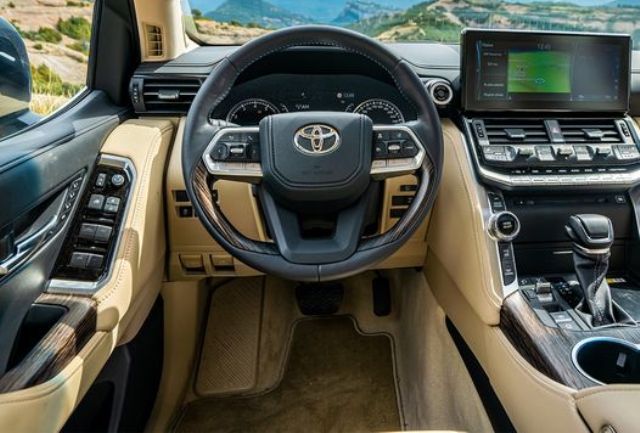Toyota Motor announced its plans to enhance the range, performance, and affordability of its electric vehicles (EVs) by introducing high-performance solid-state batteries and other advanced technologies.
The Japanese automaker aims to launch next-generation batteries by 2026, aiming to attract consumers with EVs that offer extended driving ranges and faster charging times. Additionally, Toyota is actively working on a method to mass-produce solid-state batteries and aims to commercialize them between 2027 and 2028.
Toyota’s Technology Strategy and Car Manufacturing Direction
Hiroki Nakajima, Executive Vice President and Chief Technology Officer
This disclosure, made before Toyota’s annual shareholders meeting, provides the most comprehensive insight into the company’s strategy to compete in the rapidly growing EV market, where it has trailed behind its competitors.
Toyota plans to develop an EV featuring a highly efficient lithium-ion battery with a remarkable range of 1,000 km (621 miles). For comparison, the long-range version of Tesla’s Model Y, the world’s top-selling EV, can travel approximately 530 km according to U.S. testing standards, Reuters news report said.
Though Toyota did not provide specific details regarding the cost, manufacturing location, or investment required for its new long-range EV, it did highlight its commitment to globally launching the next-generation battery EVs as a full lineup by 2026.
Next Generation Battery EV Strategy
Takero Kato, BEV Factory President
Furthermore, Toyota revealed its intention to leverage other technologies, such as a self-propelling assembly line and Giga casting, to reduce production costs. These production innovations have been successfully pioneered by Tesla, a leader in the EV industry.
The newly established BEV Factory, which is Toyota’s dedicated EV unit, aims to produce approximately 1.7 million vehicles by 2030, accounting for around half of the 3.5 million EVs Toyota plans to sell annually by that year. In April, the company achieved a significant milestone by selling 8,584 EVs worldwide, including those under the Lexus brand, surpassing 1 percent of its global sales in a single month for the first time.
Hydrogen Business Strategy
Mitsumasa Yamagata, Hydrogen Factory President
Takero Kato, President of the BEV Factory, expressed Toyota’s ambition to shape the future of transportation with EVs in a video released on the company’s YouTube channel. With these strategic initiatives and technological advancements, Toyota is positioning itself to be a key player in the evolving EV market.

